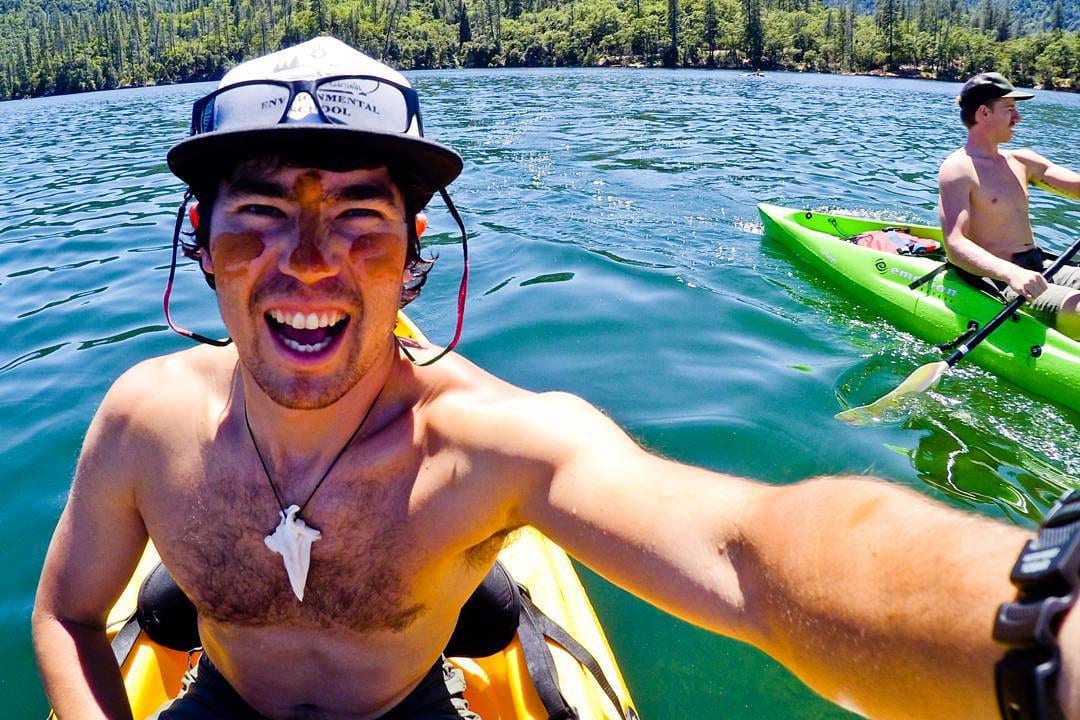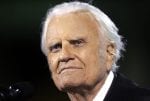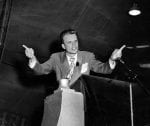While other youngsters were probably occupied with games, gadgets, and hanging out with friends, John Chau’s thoughts veered into doing missions. Reports say it was way back in high school that he learned about the North Sentinel people being the most isolated worldwide and from that time grew a focused desire to reach those unreached people of the sAndaman Islands for Christ. And he prepared himself well. Friends and colleagues say he trained himself physically and mentally. He studied linguistics and acquired survival skills. In 2017, he joined All Nations and trained as a missionary at its Kansas City headquarters.
News broke out that the body of 26-year old John was seen dragged across the beach and buried after the indigenous people slew him by bows and arrows. This was reportedly witnessed by the very fishermen who ferried him by boat during this illegal visit to the island. An overflow of mixed views began to surface. A few saw him as a martyr, even a modern-day Jim Elliott. Some, however, condemned him for his so-called “irresponsible”, “disrespectful”, and “illegal” (by virtue of The Andaman and Nicobar Islands Protection of Aboriginal Tribes Act of 1956) action of invading the prohibited island of North Sentinel. Some saw it as a selfless act; others thought it idiotic, ignorant, or an unhealthy obsession. My heart goes out to the family he’s left behind for they are left to deal with all the negative press even while they mourn the death of their loved one.
We should hope that after all these negativity dies down and John Chau’s life and death becomes “old news”, that in the aftermath, he had not done more harm than good to the cause of Christ and to the work of the church. If there is to be any benefit; churches, mission organizations, and all believers should note all that we can learn from this unfortunate incident.
Consider legalities and consequences.
Jim Elliott and John Chau had the same desire, took on the same mission, and died in a similar way. All that God allowed Jim and his companions (and consequently their wives) to experience were documented and widely circulated even to this present day. From their lives we glean inspiration to boldly persist in Kingdom work. From their lives we also draw wisdom to work towards pursuing Kingdom work in more effective and safer ways.
In Jim’s time, there were no laws in place which prevented them from landing on the shores of Ecuador. They didn’t break any laws. John did and many are capitalizing on this. Can you do wrong in order to do right? Heroes like Corrie Ten Boom broke the law to do good but the laws they broke were morally wrong and broken in the first place. I honor the heart John had to reach the North Sentinel Islanders for Jesus Christ. However, in setting foot on prohibited ground, authorities brought issues of preservation and health safety against him. Fear was raised that he could have brought communicable diseases that may endanger the survival of these indigenous folks who for thousands of years have aggressively closed themselves off from civilization.
Consider cost and benefit ratios.
Most mission boards today recommend and train missionaries to touch base with locals first, to make initial connections, and to slowly integrate themselves into the community before even beginning to start evangelizing. Mission efforts today naturally begins with charitable helps to show people in a practical way that one is sincere. Even in one’s country, among your own people, it’s a rare thing to see someone immediately warming up to you when you immediately and bluntly just share the Gospel with them. Effective witnessing now more often necessitates forged relationships and a clear means of communication. No matter how hard you desire to share the Gospel with someone, if you are not communicating on a level of understanding, all your efforts are futile. The purpose is for them to be enlightened. The purpose is not to just speak Gospel truths. The chief and end purpose is for salvation to take place.
John had been perceived as ignorant for his efforts to declare the Gospel to a people who do not understand a word of what He was saying. Some writers accuse him of having a “white savior” complex or of following a religious tactic of proselyting by colonialization that’s been practiced for centuries. Again, I admire his heart for wanting them to hear about our Savior. I do not dare to make judgments whether he did a sensible evaluation of the fruitfulness and benefit to this endeavor as I am not privy to all the circumstances and developments that came about along the way as he planned and executed this mission trip. What I take from all this is that in all our endeavors, we really need to make a careful count of the cost and to explore better means to accomplishing our goals and purposes.











